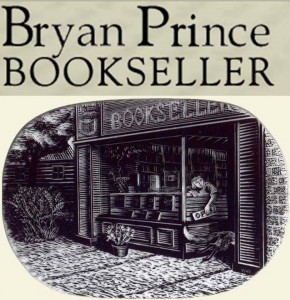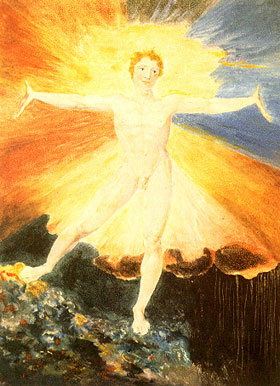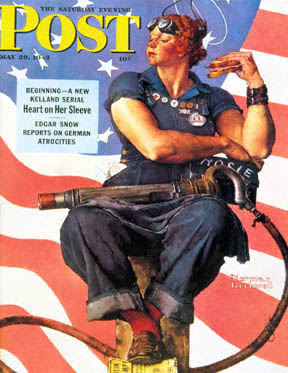
I was in Bryan Prince Books today where I got talking with Tracey, one of the helpful and knowledgable staff, who had just read Alice Munro‘s Lives of Girls and Women and loved it. (Munro’s latest, Too Much Happiness is now out and available at Bryan Prince Books — that’s Bryan Prince Books, located in the heart of Westdale Village, Hamilton.) I confessed that I actively prosyletize for three people: Shakespeare, Frye, and Munro. Tracey said that she’d been meaning to read Frye, and I of course told her about us — at which point the man standing behind us piped up, “It’s a good blog.” This gracious young man, whom I’ll call “Matthew” (in fact his real name), assured me that he’d been reading the blog since it first appeared two weeks ago, and that he knows others who are reading it too. (He’s also a Munro fan: coincidence?) I can’t pretend I wasn’t delighted by this chance meeting–and, of course, a high end cultural establishment like Bryan Prince Books offers the best chance of such a meeting. I’m also going to assume that this single encounter is representative of the thousands if not millions of anonymous readers out there who visit us daily. Bless you all. Godspeed. May the road rise to meet you.
However, let me ask you what I asked “Matthew”: Why not come out from the shadows? We’d love to hear from you. Submit a Comment or send us a post via email on any marginally Frye-related topic. We’ll gladly put it up.

